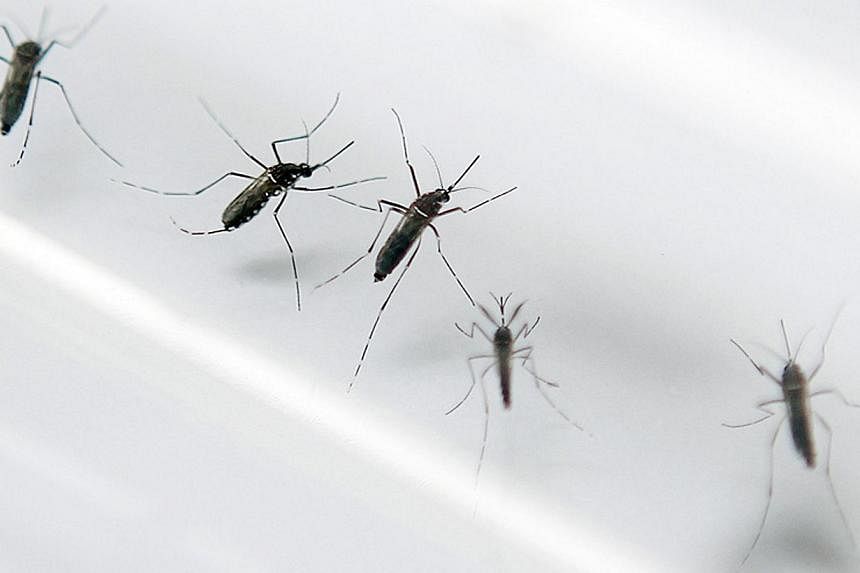SINGAPORE - A new dengue vaccine to be marketed by French pharmaceutical firm Sanofi Pasteur next year, is "not good enough" for Singapore, said Environment and Water Resources Minister Vivian Balakrishnan in Parliament on Monday.
He was responding to queries from Members of Parliament on when the vaccine and other new drugs would hit the shelves here.
Dr Balakrishnan, a trained medical doctor, explained that the vaccine was not effective enough against the two most common types of dengue virus here, type 1 and type 2. Its effectiveness against those types is just 50 per cent and 35 per cent respectively.
"Until further clinical data is available for us to be sure that the benefits outweigh the risks, I don't think the Ministry of Health or Health Sciences Authority will rush into approving the vaccine," he said.
And while researchers here have found that celgosivir, an anti-viral treatment derived from plant seeds, is safe, they did not find that it was any more effective than a placebo, Dr Balakrishnan added.
Members of Parliament also asked if the fines for mosquito breeding could be scaled based on the risks that the breeding poses to the public. For instance, Chua Chu Kang GRC MP Zaqy Mohamad wanted heftier fines for construction firms found to have mosquitoes breeding on worksites, and asked whether culprits could reimburse residents' medical bills.
The ministry will study these suggestions, Dr Balakrishnan said, but he cautioned that pinning a specific case of dengue on a specific incidence of mosquito breeding would be hard to enforce.

